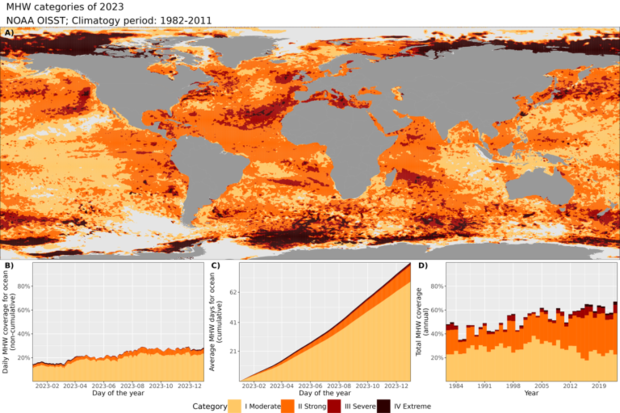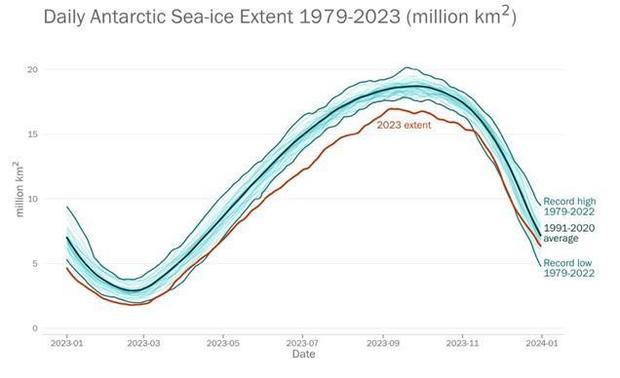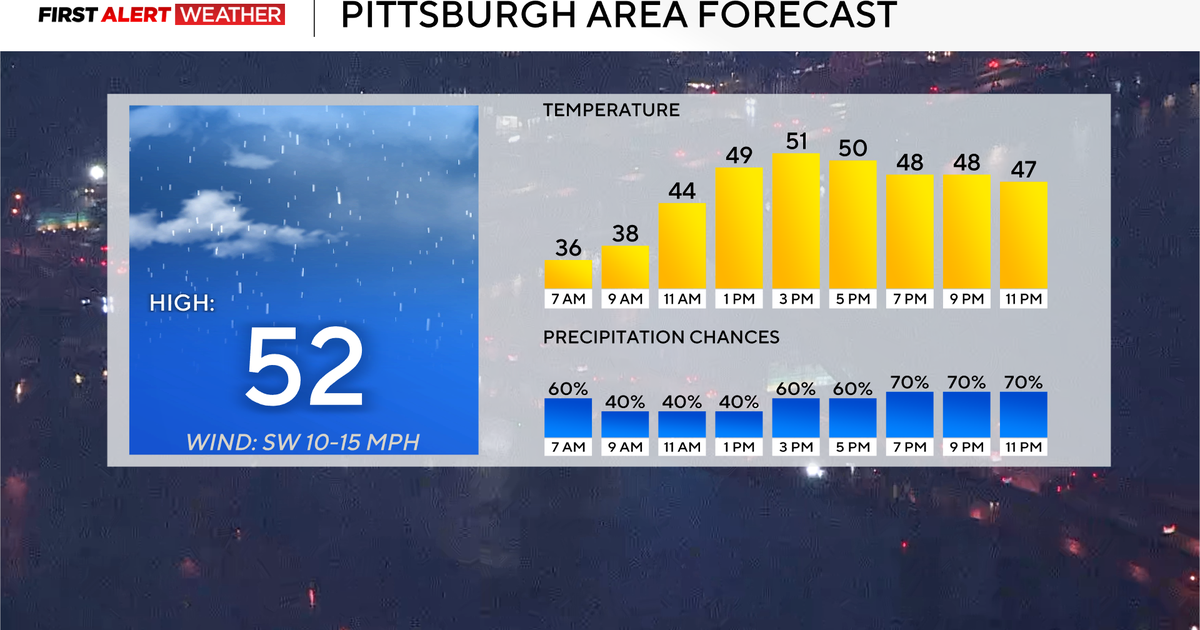2023 was warmest year on record, startling new climate report says
BOSTON - The World Meteorological Organization released their annual State of the Climate report for 2023, and it paints a pretty grim picture.
As WBZ-TV has been reporting for several months as part of our ongoing Climate Watch series, 2023 was another remarkable year in terms of our changing climate.
Here are some of the startling headlines:
Record-breaking warmth in 2023
2023 was the warmest year on record globally, beating out the prior record set in 2016. The global average near-surface temperatures was 1.45°C (with a margin of uncertainty of ± 0.12°C) above the pre-industrial levels. This global average temperature is important because it's approaching the 1.5°C lower limit of the Paris Agreement on climate change.
New record-high levels were set in 2023 for all three of the main greenhouse gases - carbon dioxide, methane, and nitrous oxide. Carbon dioxide levels are 50% higher than pre-industrial era. These gases trap heat in the atmosphere, and are a primary driver for the global warming the Earth is seeing. The long life of these gases, especially carbon dioxide, means rising temperatures will continue for many years to come.
"Marine heatwave" in our oceans
But it wasn't just the atmosphere making news, the warmth in the oceans also made headlines.
Ocean heat content was the high ever recorded. According to the WMO, on any average day in 2023, nearly one-third of the global ocean was facing a marine heatwave. These extended periods of heat harm local ecosystems like coral reefs or cause migrating animals to seek cooler water farther from their normal habitats.
Antarctic sea ice reached a new absolute record low in February 2023, and remained low from June until early November. At its greatest extent, the Antarctic sea-ice extent in September was almost 1 million square kilometers below the previous record low maximum. That is approximately the size of the entire Eastern Seaboard touching the Atlantic Ocean, from Maine to Florida.
Glaciers melting rapidly
Globally, we saw more glacier loss than any other year on record, including a 10% loss of volume in all remaining glaciers in Switzerland. Western North American glacier suffered ice melt at a rate that was five times higher than rates from the period of 2000-2019. It was the warmest summer on record at Greenland's Summit station, a full 1.0°C warmer than the previous record.
Perhaps the most concerning, this year - 2024 - has started out even warmer than last year. Many of the records set early last year have already been eclipsed this year.











